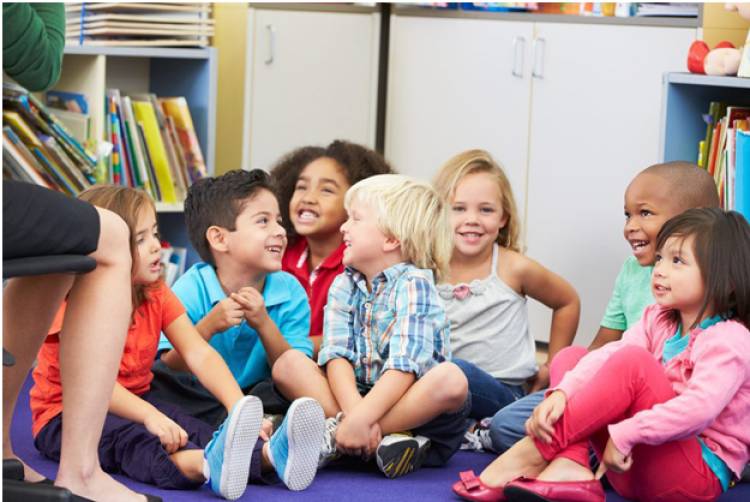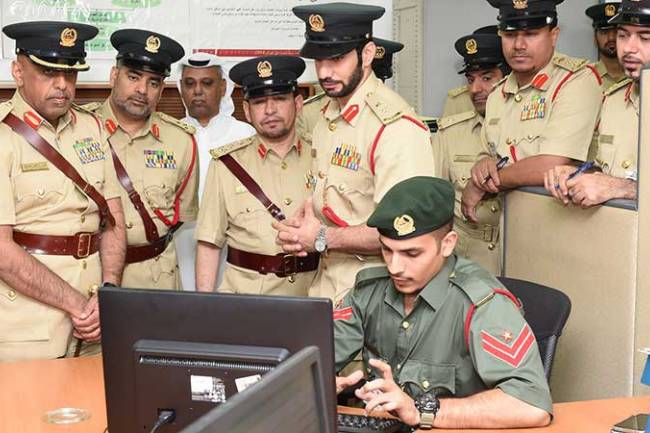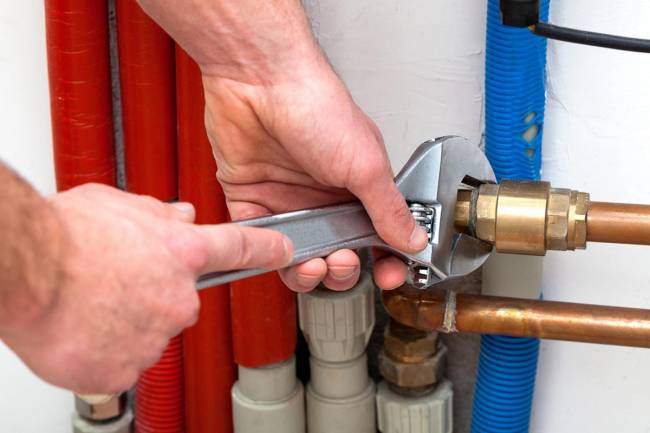
Getting Ready For Preschool - What to Expect
If you plan to send your child to preschool, you should know what to expect. Some of the biggest things you will want to look for are the following.
Managing Emotions
Children must learn how to manage their emotions when preparing for Montessori preschool. This helps them cope with their feelings and build relationships with others.
If your child has difficulty dealing with big emotions, you should give them extra support. You should talk to a GP or school counselor about what you can do to help.
Some simple steps to managing emotions include naming your feelings, asking your students how they are feeling, and recognizing changes in your feelings. Children may need to practice these skills regularly.
One of the best ways to teach your child to identify and label their emotions is through books and stories. Reading about people in situations with similar or conflicting emotions will help your child learn how to handle those emotions.
Learning Social Skills
Learning social skills for preschoolers is crucial to their development. These skills enable children to interact positively with others and avoid negative responses. They also develop empathy.
Sharing, cooperativeness, and taking turns are essential social skills to teach. Young children may struggle with some of these. But there are ways to work through these problems.
One way is to show your child how to apologize. Apologizing is a great way to help them develop empathy. Then, you can practice the apology with your child and encourage them to make good choices.
Another effective way to train kids in social skills is to play games. This is especially useful when your child has a group of friends or other children. Make sure the game is designed to promote kindness, acceptance, and encouragement.
Learning Manners
Learning manners for preschoolers should be a priority for parents. As children grow, they will be able to recognize the proper way to behave. For example, they should learn how to properly share their toys, as well as how to thank people for their kindness. Teaching manners early will help make them better people, and they'll be more polite.
If you need help teaching children good manners, you can start by reading books. You can also play games to reinforce the concepts. Some children can even watch videos and role-play with puppets or dolls.
Another idea is to set up a "good manners" craft. This can be done with your child's favorite toys. By doing this, you can practice manners in real-life scenarios.
Syncing Nap Time With the Preschool's Schedule
It pays to be strategic to get the most out of your child's snooze time. A little planning and preparation can go a long way, especially when you're a parent to multiple children. The following list is a few things to consider when deciding which schedule is best for your family. For starters, it's important to remember your children's ages, as some babies will only nap for a short time while others may require an afternoon siesta. It's also a good idea to keep your eye on the clock, as many preschools will operate on a strict time frame.
You should also consider if the school is on your block. Some preschools are located in high-rise buildings or other oddball locations. If your children are lucky, their school can accommodate your child's needs. This could be a boon to your sanity, as you will know exactly when your kids' naps will occur.
Getting to Know Other Children and Families
If you are new to the preschool program, you might wonder how to get to know other children and families in your classroom. There are several ways you can do this. The first is through conversations. By talking to your child and others, you can find out what they think of the preschool experience. This information can help you identify areas that need improvement and strengths that you can use in the classroom.
Another great way to communicate with families is through newsletters. You can send out newsletters regularly to keep your family informed. Newsletters can include information about activities in the classroom and community resources. Additionally, you can create a "Parent Information Board" at the school and write blogs and emails. These methods of communication can provide information that is easy for families to understand.












